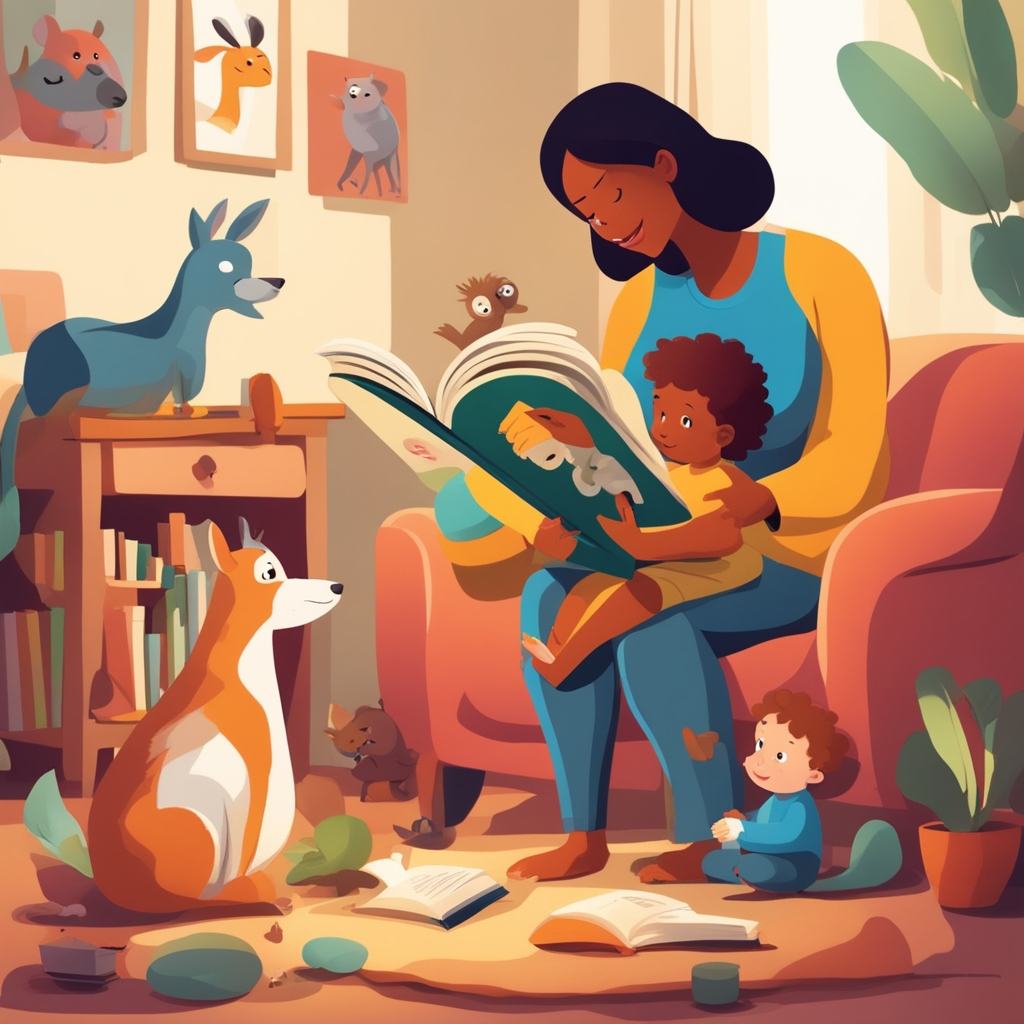Raising a child involves much more than ensuring they meet developmental milestones or excel academically. One of the most important life skills a parent can instill in their little one is the ability to understand and express kindness and empathy. These qualities not only cultivate a more harmonious home environment but also prepare toddlers to engage positively with the world around them. This article delves into various strategies and activities that can guide parents in teaching their toddlers the critical values of kindness and empathy.
The Importance of Kindness and Empathy
Kindness and empathy are the building blocks of compassionate interactions and understanding relationships. Empathy allows an individual to step into another’s shoes, while kindness involves taking considerate actions towards others. Together, they form the cornerstone of ethical behavior, enhancing one’s ability to connect, communicate, and collaborate with others.
For toddlers, developing empathy and kindness can lead to a more cooperative and caring demeanor. It helps them understand their own emotions and fosters emotional intelligence. Additionally, children exhibiting these traits tend to have better relationships in their school years and are more likely to grow into empathetic adults.
Modeling Kindness and Empathy
Practice What You Preach
Children, particularly toddlers, are keen observers and excellent imitators. They learn a lot by watching the adults in their lives. As a parent or guardian, it’s crucial to exhibit behaviors of kindness and empathy in your everyday actions. Whether it’s showing patience when someone cuts you off in traffic, helping a neighbor with their groceries, or listening intently when someone is speaking, your toddler watches and learns. Regularly engage in acts of kindness yourself, and discuss what you are doing and why you are doing it.
Encourage Empathetic Responses
When your toddler sees you react empathetically towards someone else, they’re learning that it’s normal and even expected to care about other people’s feelings. Practice talking with your toddler about how other people might be feeling. For instance, if another child on the playground falls down, ask your toddler how they think the other child feels and what they could do to help.
Using Storytelling as a Tool
Engaging with Characters’ Emotions
Stories are a powerful medium for teaching empathy and kindness. Read books with your toddler that include a variety of characters and emotions. Discuss the characters’ feelings and actions, encouraging your child to think about how they would feel in similar situations. This will help your toddler learn to relate to others and to consider perspectives beyond their own.
Interactive Storytelling
Encourage your toddler to participate actively in storytelling. Ask them to predict what a character might do next or how a character should respond to a situation. This type of interaction not only enhances their empathy skills but also boosts creativity and critical thinking.
The Role of Play in Learning Kindness and Empathy
Dramatic Play
Role-playing and dramatic play activities are excellent ways for toddlers to practice empathy and kindness. Provide costumes or props for them to act out different scenarios, like being a doctor, teacher, or even a parent. Encourage them to care for their patient, be kind to their students, or help around the house. Dramatic play fosters imagination while teaching respect and understanding for others’ needs and feelings.
Cooperative Games
While competitive games can be fun, cooperative games where children must work together towards a common goal can advance their understanding of teamwork, kindness, and empathy. Simple activities like building a block tower together can teach valuable lessons about patience, sharing, and helping each other succeed.
Real-Life Experience and Practice
Involvement in Acts of Kindness
Involving your toddler in acts of kindness is a hands-on way to teach them about empathy. These could be simple things like baking cookies for the elderly neighbor or donating toys to local charities. Such experiences help them see the impact of their actions and foster a sense of community.

Discussion and Reflection
After participating in acts of kindness, take time to discuss the experience with your toddler. Ask them how it felt to help someone or improve a situation. Encourage them to express what they liked about the activity and why they think kindness is important. This reflection helps reinforce the positive aspects of being empathetic and kind.
Encouraging Emotional Expression
Teaching toddlers to identify and articulate their emotions is crucial for the development of empathy. Provide them with the vocabulary and tools to express themselves. Discuss different emotions regularly and how they relate to situations they encounter each day.
Emotion Recognition Games
Play games that involve recognizing and naming different emotions. Use facial expressions or flashcards with pictures of faces showing various emotions. Identifying and understanding emotions is fundamental for developing empathy, as it allows toddlers to recognize others’ feelings.
Praise and Positive Reinforcement
Whenever your toddler exhibits kindness or empathy, praise their efforts with positive reinforcement. Acknowledge their actions and describe specifically what they did well. Reinforcing these behaviors early can encourage them to continue practicing kindness and empathy as they grow.
Conclusion
Teaching toddlers kindness and empathy involves a combination of modeling behavior, storytelling, play, real-life experiences, emotional discussions, and positive reinforcement. It is an ongoing process requiring patience and consistency. As children witness, practice, and receive affirmation for empathic behaviors, they develop a deeper understanding and natural inclination towards kindness. By investing time and effort into nurturing these skills, parents lay the groundwork for their children to become compassionate, emotionally intelligent individuals who make positive contributions to their world.